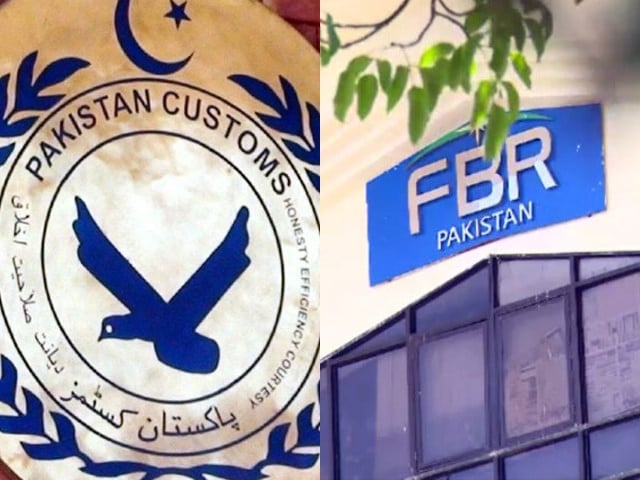The Federal Board of Revenue (FBR) has officially launched its much-anticipated Faceless Customs Assessment (FCA) system in Karachi on December 15, 2024, marking a significant milestone in Pakistan’s tax reform journey. This new initiative, part of the broader FBR Transformation Plan approved by the Prime Minister, is expected to streamline the customs clearance process, reduce bureaucracy, and foster greater transparency in the trade and taxation sectors.
Key Features of the Faceless Customs Assessment System
The FCA system mandates that all import goods declarations filed at Karachi’s Appraisement Collectorates after midnight on December 14 will be assessed by the newly established Central Appraising Unit (CAU). Located at the South Asia Pakistan Terminal (SAPT), the CAU is designed to centralize the appraisement process and reduce the reliance on direct interactions between Customs officers and taxpayers.
According to the Customs General Order (CGO No. 6 of 2024) issued by the FBR, the FCA is expected to bring about a cultural shift within the Customs Department. The system’s goal is to speed up the clearance times while improving efficiency and transparency in the assessment and clearance of imported goods.
Incentive-Based Performance Management for Customs Officers
The introduction of an incentive-based performance management system is one of the key elements of the FCA initiative. Under this mechanism, Customs appraisers working at the CAU will be rewarded for their efficiency, diligence, and integrity in the discharge of their duties. Officers who consistently meet performance targets will be recognized, while those failing to maintain high standards may face consequences, including the loss of career advancement opportunities.
The FCA’s performance management framework is designed to boost productivity within the Customs Department, ensuring that only the most efficient officers are engaged in the appraisement process.
Revamping Customs Clearing Agent Regulations
In a further effort to enhance the integrity of Pakistan’s customs process, the eligibility criteria for Customs Clearing Agents have been revamped. A points-based system will now be used to track the performance of clearing agents, holding them accountable for their declarations regarding the description, value, and origin of goods. Agents who consistently make honest and accurate declarations will earn higher points, improving their professional profiles, while those making false declarations may lose points, leading to the cancellation of their license.
This system aims to promote ethical behavior and encourage responsibility among Customs agents, ensuring the correct and transparent handling of import goods.
Reduction in Interaction Between Tax Collectors and Taxpayers
The FCA system is also designed to significantly reduce direct interaction between tax collectors and taxpayers. By relocating the appraisement function outside the Customs Collectorates and into a corporate environment, the new system will allow for e-hearing reviews, further minimizing face-to-face contact. This change aims to ensure that traders and businessmen can avoid time-consuming visits to government offices, while still having their goods cleared efficiently.
Chief Collector of Customs Appraisement Karachi, Jamil Nasir, explained that the FCA is part of a broader effort to improve trade facilitation in Pakistan, stating that the relocation of appraisers to a more professionalized environment would optimize the productivity of the limited human resources available. He emphasized that the system would benefit both Customs and traders alike.
Plans for Nationwide Rollout
Following the successful implementation of the FCA in Karachi, the system is expected to be gradually rolled out at other major ports and border stations across the country. The relocation of the appraisement function will be extended to upcountry ports, with plans for full national deployment in the near future.
Career Progression and Data-Driven Decision Making
The FCA system is expected to generate valuable data on the performance and productivity of Customs appraisers. Over time, this data could be used for career progression, including promotions and advancements within the Customs Department.
The Chief Collector highlighted that this was just the beginning of a series of reforms aimed at improving the Customs Department’s functionality and trade processes in Pakistan. Further reforms, including those targeting customs clearance processes and the regulatory framework, are anticipated.
Conclusion
With the introduction of the Faceless Customs Assessment System, the FBR is taking bold steps to modernize and restructure the country’s taxation and customs systems. The initiative promises to reduce bureaucratic delays, increase transparency, and promote efficiency—ultimately benefitting businesses, traders, and the Pakistani economy. As the system expands across the nation, the hope is that it will serve as a catalyst for future reforms that can enhance trade facilitation and economic growth.



Comments (0)
No comments yet. Be the first to comment!
Leave a Comment